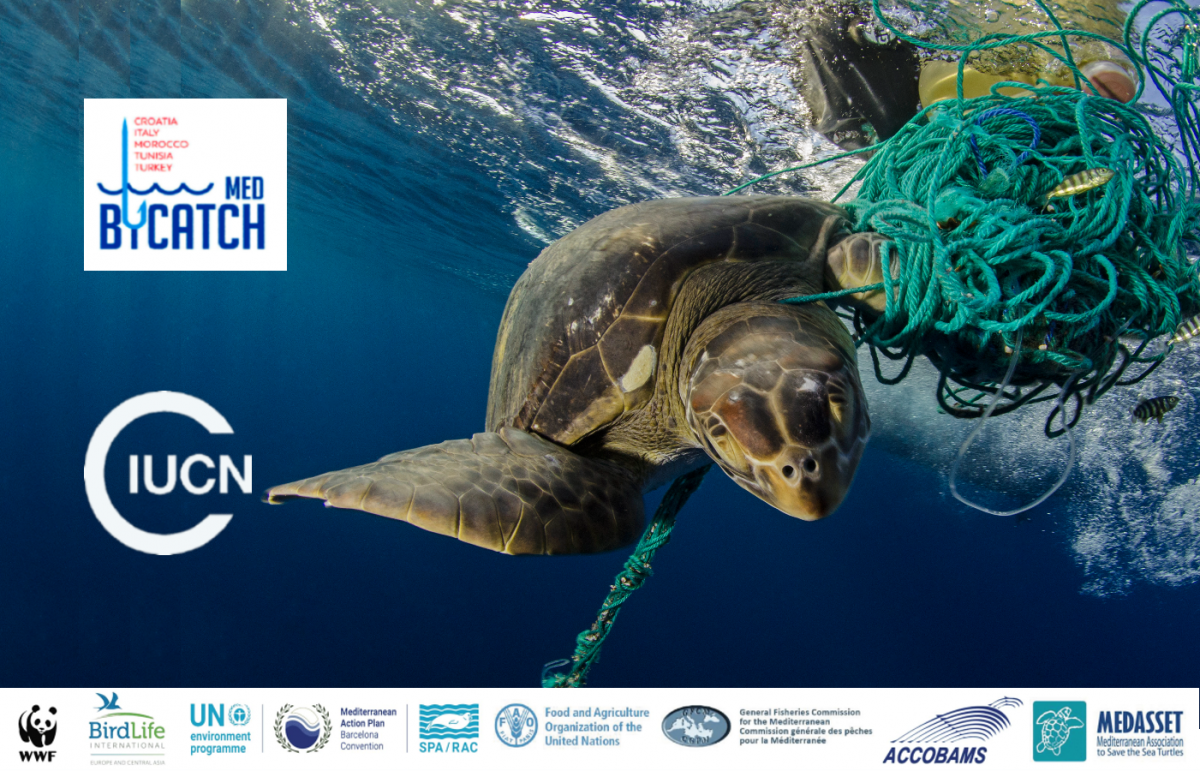5,510 plastic bottles saved during the first month in Ly Son MPA
“I was appalled by the level of litter and rubbish that is spoiling the island. This problem needs to be addressed to attract foreign tourists. They will not come here if rubbish of all kinds, plastic bottles, paper, polystyrene are just thrown into the streets and eventually finds its way into the ocean” Grand T, from Brisbane, Australia commented on Trip Advisor – June 2016.
Ly Son Island is located off the coast of Quang Ngai in south central Vietnam and is a major tourist attraction. The province authority established Ly Son’s Marine Protected Area (MPA) in February 2017 to protect marine biodiversity while improving local livelihoods. This is Vietnam’s 16th MPA.
The population of the 10 Km2 Island’s increases from 20,000 to 100,000 during the April to September peak tourist season, but the lack of landfills and solid waste management has contributed to alarming levels of pollution. In 2014, local media reported: “Ly Son’s people have houses to live in but no place to drop litter”. Growing amounts of housing, industry, and especially tourism are making the problem worse.
 Photo: Trash on the way to To Vo, a famous tourist site on Ly Son Island © Infornet
Photo: Trash on the way to To Vo, a famous tourist site on Ly Son Island © Infornet
In June 2017, the district people’s committee issued decision no. 21-CT/HU on reducing plastic waste and especially plastic bags. There has not yet been any concrete action, monitoring or enforcement from the district and so the decision has not had any impact.
Between May 15 and June 1, IUCN collaborated with Ly Son MPA, Live & Learn, Humane Society International (HSI) and the Quang Ngai Sub-Department of Natural Resources and Environment (DONRE) on a communications campaign titled “Save a bottle, Shape our future”, as a part of the “Support for community-based marine turtle nesting beach conservation and bycatch reduction in Viet Nam” project, financed by the U.S. Fish and Wildlife Services. It aimed to reduce the use of single-use plastic bottles by tourists.
The campaign includes a training for 40 local secondary school students on marine turtle conservation and an environmental event for 400 local communities on the reuse and recycling of plastic waste through a redeem program and the importance of environmental protection.
 Photo: Students at two schools in Ly Son draw pictures about marine turtles during the training workshop © HSI
Photo: Students at two schools in Ly Son draw pictures about marine turtles during the training workshop © HSI
The campaign encouraged local businesses to become designated refill stations for tourists via the Refill not Landfill initiative that was also implemented in Cambodia, Myanmar and Laos (https://refillasia.com/). To get free water, all tourists need to do is to bring their reusable bottles to the stations and refill them. In return for this commitment, information about the participating business will be posted on the website and they will receive high-quality reusable bottles from the organisers, which can be sold to visitors to compensate for the cost of buying the drinking water.
Prior to signing the commitment, a consultation meeting was organised to which twelve hotels participated. By the end of the meeting, four hotels register to participate in the campaign and become refill stations for tourists. Confidence in the initiative encouraged the team from IUCN, L&L and HSI to meet each hotel individually and persuade them to join the program. Following this, an agreement was successfully reached with 11 businesses including Muong Thanh, the largest hotel in Ly Son.
The pilot program is running from June to September. Each month, we monitor the number of 19-liter water bottles used by tourists at each hotel. In the first month, 11 hotels welcomed 6,611 tourists who have consumed 145 19-liter bottles, equivalent to 2,755 litres of water. This translates into a saving of 5,510 500-ml plastic bottles that would otherwise have been thrown into the ocean or landfills. Even if we can’t expect to change tourists’ behaviour from one day to the next it is promising that tourists have started to refill plastic bottles provided by the hotels with the free water is a sign of progress towards a more sustainable use and management of plastic and a demonstration that solutions already exist to close the plastic tap.
It is challenging to maintain the commitment of businesses for a voluntary program which requires an initial investment but it is very encouraging to see several businesses taking a chance to significantly contribute to a plastic-free environment. Unfortunately, after one month, two hotels have withdrawn explaining that tourists were misusing the drinking water. However, some businesses have adapted the initiative themselves, moving from providing free water to tea, an added-value drink also with reduced plastic waste.
This campaign confirms the great opportunity and need to further raise awareness and build public-private partnerships to collectively take action on the ground against plastic pollution by engaging with tourists and businesses directly. Future efforts to move from a top-down to a bottom-up approach should be made to work more closely with hotels and tourists and integrate their needs, views and experience into the design of campaigns.
Based on the lessons learned from the initial pilot scheme and through MARPLASTICCs, IUCN is prepared to facilitate the implementation of parallel local pilot projects as further demonstrations of tangible actions in the creation of a circular economy.







